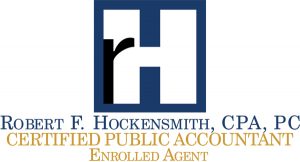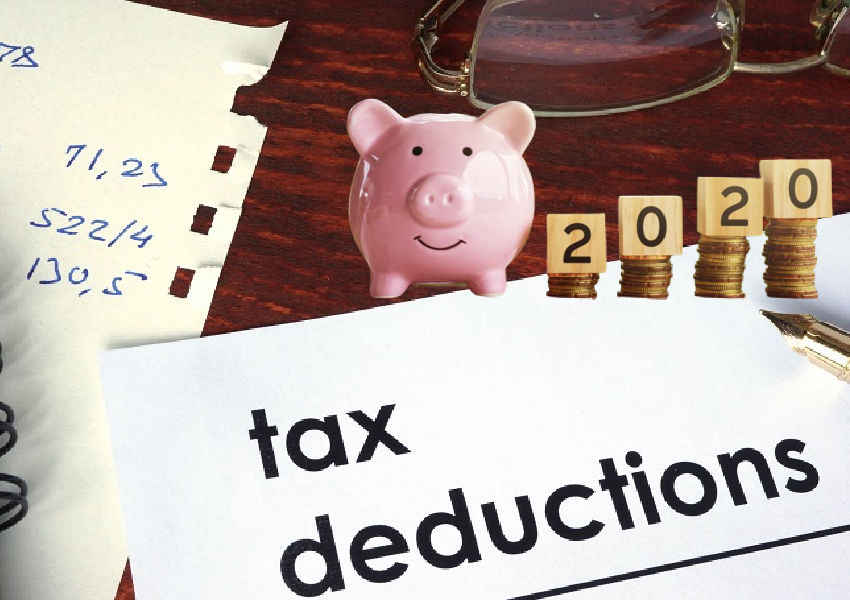Blog
Year End Tax Savings and Deductions
Year End Tax Savings and Deductions
Even if you have not been systematic about financial planning since the beginning of the year, it’s heartening to know that it’s never too late. You can jump into this marathon of financial planning whenever you want to, but like all healthy habits, the earlier you start the better it is for your own good.
Since, year-end is right around the corner so we’ll discuss about some things that we can do towards the end of the year to save on our taxes and maximize our deductions.
- Make HSA contributions.
A Health Savings Account (HSA) is for people who may be eligible to put away $7,000* each year. And if you are 55 years old, or older, you can put away an additional $1,000. This is a tax deduction for your business if you are self-employed, or if you are an employee that is eligible for an HSA, it could be a tax personal tax deduction as well.
- If employed, be sure to fund IRA retirement accounts.
Retirement accounts such as an IRA allow you to put away as much as $6,000*, if you are under 50 years old. You can put away as much as $7,000* if you are 50 years old or older. This is allowed if you or your spouse earns at least $7,000*. If you earn nothing and your spouse earns $15,000* you would both be eligible to put up to $7,000* each into an IRA account. You may also choose to contribute to a Roth IRA. This will not help you with current taxes, but it will save you future taxes because any money left in a Roth IRA is tax-free after 5 years.
- If you are self-employed, set up a Keogh Plan, 401K, or Solo-K (1-2-person retirement plan) and fund them to maximize tax savings.
You can also put money into a Simple IRA, SEP IRA, or a Solo 401K, which is a retirement account for an owner and/or owner’s spouse. Keogh’s let you put away up to 25% of your earnings (limited) while 401k’s allow up to $56,000*, depending on your age and income. SEP IRA’s let you put away up to $56,000*, while Simple IRA’s allow you to put away as much as $13,000*, if under 50 or $16,000* if 50 or older. Don’t forget that many employers match retirement plan contributions up to certain limits and the IRS offers a tax credit for new savers, for both employers & employees.
- Don’t hold off on Energy Saving Home Improvements*.
Energy saving home improvements such as exterior doors, windows, air conditioners, water heaters, and solar devices allow you an opportunity to save on federal taxes, and some states may offer state tax credits as well. A tax credit is a reduction on your taxes, while a deduction reduces your taxable income. Typically, $1 in tax credit may be equivalent to $3 in tax deductions. It is far better to receive a tax credit than a tax deduction. The SECURE Act kept this credit in place.
- Use IRA’s to make charitable contributions
You can take money out of your IRA for a charitable contribution, which means you effectively get a tax-free withdrawal from your IRA if the amount of the charitable contribution, is the amount of your IRA distribution. You can donate up to $100,000 and get a tax deduction for the contribution, and not pay taxes on the distribution.
- Divorces
Any alimony payments for divorces decreed after 2018 will not be tax deductible. Any divorces decreed prior to 2019 still allow alimony payments as a deduction, but you must now list the date of the divorce on the tax return, along with the recipient’s name address, social security number and amount paid to ex-spouse.
*These are available for 2019, be sure to check with your tax advisor for current amounts.
Call today, don’t delay! See how this affects you. We can be reached at 602-264-9331 and on all social media under azmoneyguy.
Be more prepared for this year’s tax season! Get your copy of Bob’s NEW book, 52 Ways to Outsmart the IRS, Weekly Tax Tips to Save You Money on Amazon, Kindle, or at Azmoneyguy.com (available in paperback and eBook).
Related Blog Posts
No Results Found
The page you requested could not be found. Try refining your search, or use the navigation above to locate the post.
Do You Owe The IRS?
Learn 5 Secrets The IRS Doesn't Want You To Know.
Click on the button below to get FREE access to this exclusive content.
Tax and Financial Advice from an expert
Mr. Hockensmith has been a guest newscaster for national and local TV stations in Phoenix since 1995, broadcasting financial and tax topics to the general pubic. He has written tax and accounting articles for both national and local newspapers and professional journals. He has been a public speaker nationally and locally on tax, accounting, financial planning and economics since 1992. He was a Disaster Reservist at the Federal Emergency Management Agency, for many years after his military service. He served as a Colonel with the US Army, retiring from military service after 36 years in 2008. Early in his accounting career, he was a Accountant and Consultant with Arthur Andersen CPA’s and Ernst & Young CPA’s.
Build strategies, build confidence, build your business.
We are ready to do business with you
Email: [email protected]
Tel: (602) 264-9331 (24x7)
Address:
3404 West Cheryl Drive
Suite A-170
Phoenix, AZ, 85051







